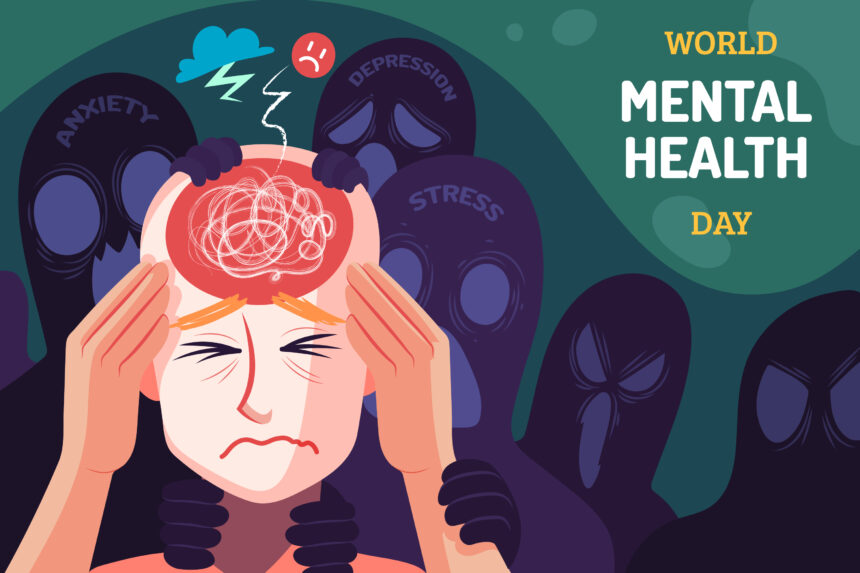Mental health is a fundamental aspect of overall well-being, yet it is often overlooked and stigmatized, particularly in rural communities. In South Africa, where a significant portion of the population resides in rural areas, addressing mental health needs in these communities is crucial. By promoting mental health awareness, providing accessible services, and fostering community support, we can work towards improving the mental well-being of individuals living in rural areas.
Rural communities in South Africa face unique challenges that impact mental health. These challenges include limited access to healthcare facilities, higher rates of poverty and unemployment, social isolation, and cultural barriers. Additionally, the historical context of apartheid and its legacy have left lasting impacts on the mental health of individuals in rural communities. It is imperative to understand these complexities and tailor interventions to meet the specific needs of these communities.
One of the first steps in promoting mental health in rural areas is raising awareness and reducing stigma. Education campaigns that address common misconceptions surrounding mental health can help dispel myths and encourage open conversations. Providing accurate information about mental health conditions, their causes, and available treatment options can empower individuals to seek help without fear of judgment or discrimination.
Furthermore, ensuring accessible and affordable mental health services in rural communities is vital. Many rural areas in South Africa lack adequate mental health infrastructure, including trained professionals and treatment facilities. The government, in collaboration with non-profit organizations and healthcare providers, should prioritize the development and expansion of mental health services in rural areas. This includes training and deploying mental health professionals, establishing community-based clinics, and implementing telemedicine initiatives to overcome geographical barriers.
In addition to professional services, community support plays a crucial role in promoting mental well-being. Rural communities often have strong social networks and a sense of communal identity that can be harnessed to support individuals with mental health challenges. Community-based support groups, led by trained facilitators, can provide a safe space for individuals to share their experiences, access information, and receive peer support. These groups can also promote resilience, coping strategies, and self-care practices tailored to the specific cultural context of the community.
Integrating mental health into existing community programs can also be effective. For instance, incorporating mental health education and screenings into schools, community centers, and religious institutions can help identify and address mental health concerns early on. Training community leaders, such as teachers and religious leaders, to recognize signs of mental distress and provide initial support can have a significant impact.
In addition, it is crucial to address the social determinants of mental health in rural communities. Poverty, limited access to education, unemployment, and lack of basic amenities can contribute to mental health challenges. Implementing social and economic development programs that focus on improving living conditions, providing employment opportunities, and enhancing educational resources can indirectly promote mental well-being in rural areas.
Lastly, leveraging technology can bridge the gap in mental health services for rural communities. Telemedicine initiatives, including virtual counseling and remote consultations, can provide access to mental health professionals even in remote areas. This can be particularly beneficial for individuals who face transportation challenges or those who prefer the privacy and convenience of virtual services.
In conclusion, promoting mental health in rural communities in South Africa requires a multi-faceted approach that addresses the unique challenges faced by these areas. By raising awareness, providing accessible services, fostering community support, addressing social determinants, and utilizing technology, we can work towards improving mental well-being in rural areas. Investing in mental health is not only crucial for individuals but also contributes to building stronger and more resilient communities as a whole.










